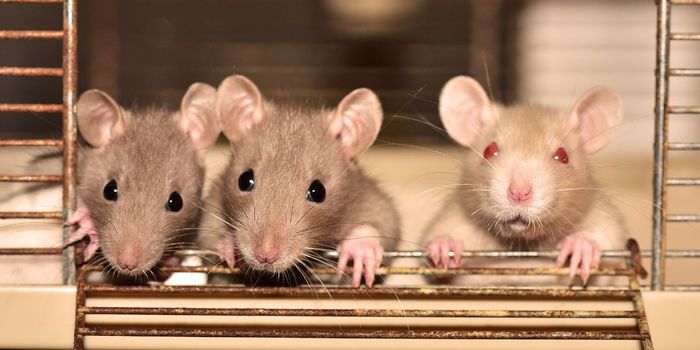A new study has found that neonicotinoids are present in honey around the world. Neonicotinoids are a commonly used class of insecticides, including the world's most common one, imidacloprid. Plants absorb them, and when pollinators come by for a meal of nectar or pollen and ingest them, harmful effects result.
The consequences to the bees include memory and learning dysfunction that impacts their ability to collect food. That in turn, can weaken the hive and because of the extent of the problem, has become a threat to the well-being of bees everywhere. We are threatened with consequences as well because we rely on bees to pollinate our food crops.
This new research revealed the sheer scale of the contamination. Neonicotinoids were most often found in North America, with 86 percent of honey samples carrying them. Even in the least affected continent, the problem was still pervasive; 57 percent of honey samples from South America were contaminated.
The levels of neonicotinoids in the honey are thought to be harmless to humans. The researchers have suggested that more data should be collected on the extent of this insecticide use.








